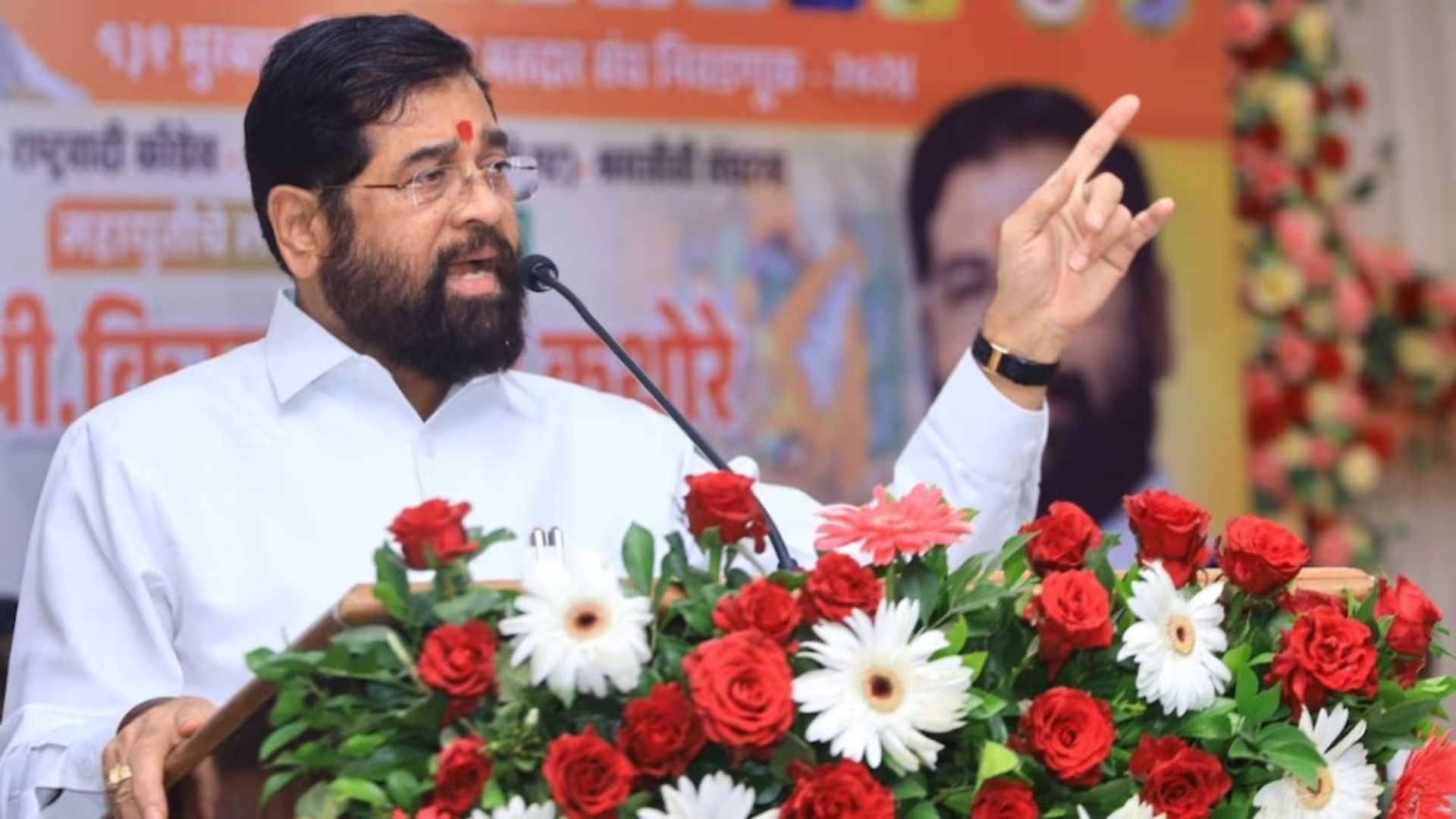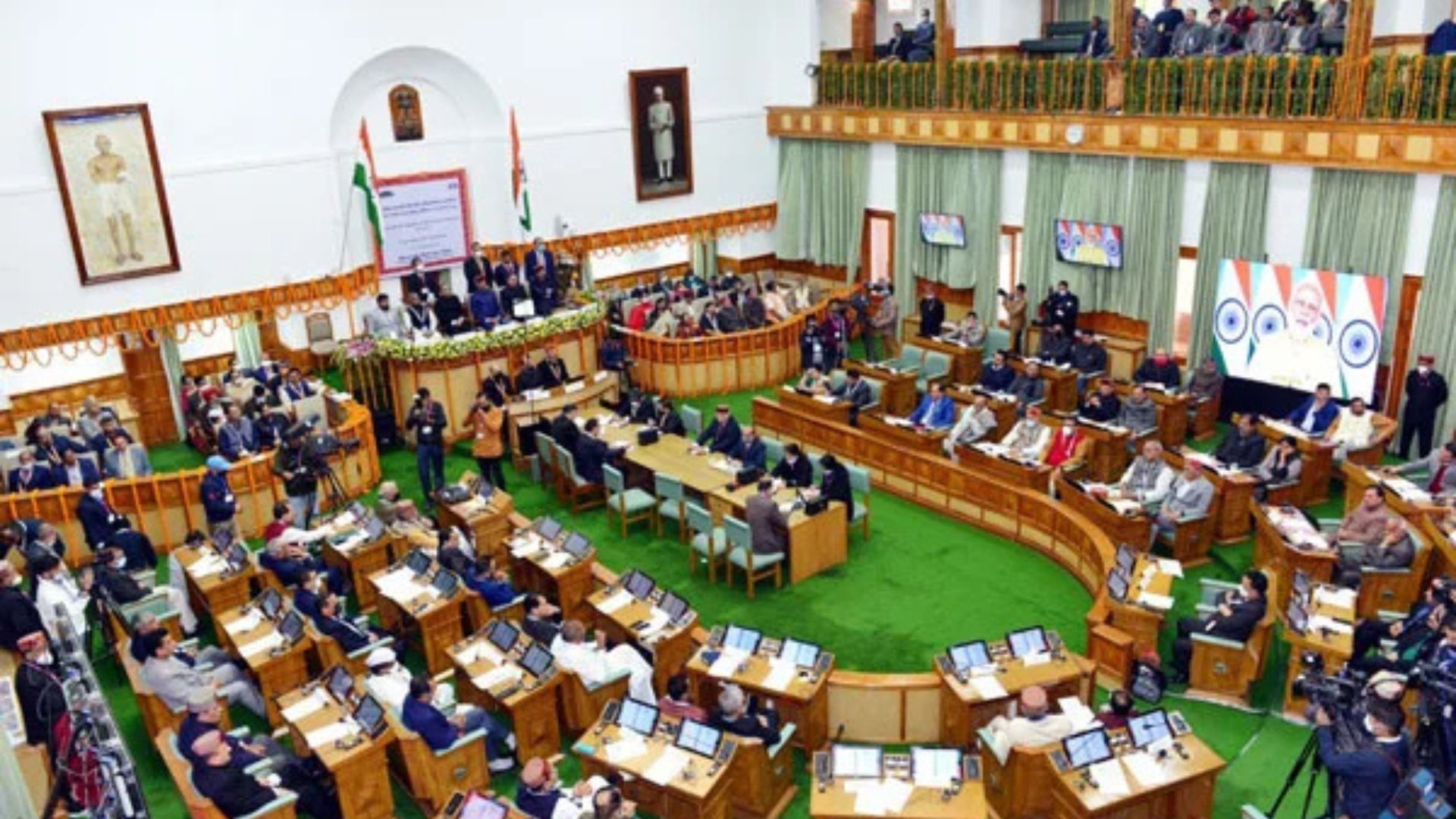
Live-in relationships are a “dangerous disease” that has to be eliminated from society, according to a Haryana BJP MP, who also urged the government to enact legislation prohibiting them as Indian culture is becoming like the western one. Raising the matter in the Lok Sabha during the zero hour, Dharambir Singh added that since love marriages frequently end in divorce, it would be appropriate to make parental approval of the unions necessary.
Dharambir Singh, the BJP MP from Bhiwani-Mahendragarh, stated in the Lok Sabha that getting parental approval and support before getting married has long been a part of Indian tradition and has been beneficial for preserving partnerships.
“I wish to draw the government’s and Parliament’s attention to a very serious matter. The ideals of brotherhood and “Vasudhaiva Kutumbakam” are well-known in Indian culture. Compared to other societies worldwide, our social fabric is unique. Our togetherness in variety is impressive to the whole world,” the MP remarked.
Even today, a significant portion of the population prioritises parent-or relative-arranged marriages. A number of similar characteristics, including societal and personal beliefs and preferences as well as family histories, are matched in planned weddings, where the bride and groom request the approval of their parents. As a holy bond that lasts for seven generations, marriage is widely respected. When bringing up the subject, he stated, “The divorce rate in India is approximately 1.1%, while it is approximately 40% in America.”
He mentioned the recent revelation of the case involving Aftab Poonawala and Shraddha Walkar, who were both living together. The murder of Shraddha Walkar, who was allegedly killed by her live-in boyfriend in Delhi, was described as a horrific act. According to the MP, there are practically daily more of these cases.
Live-in relationships, in which single people decide to cohabitate without formally tying the knot through marriage, are becoming more prevalent in many countries. Opinions on the issue vary throughout individuals and nations, frequently shaped by cultural values, personal beliefs, and social standards.
Living together prior to marriage might be seen by some as a wise decision that helps people get to know one another better. Some people could have more conservative opinions and believe it goes against conventional wisdom.














